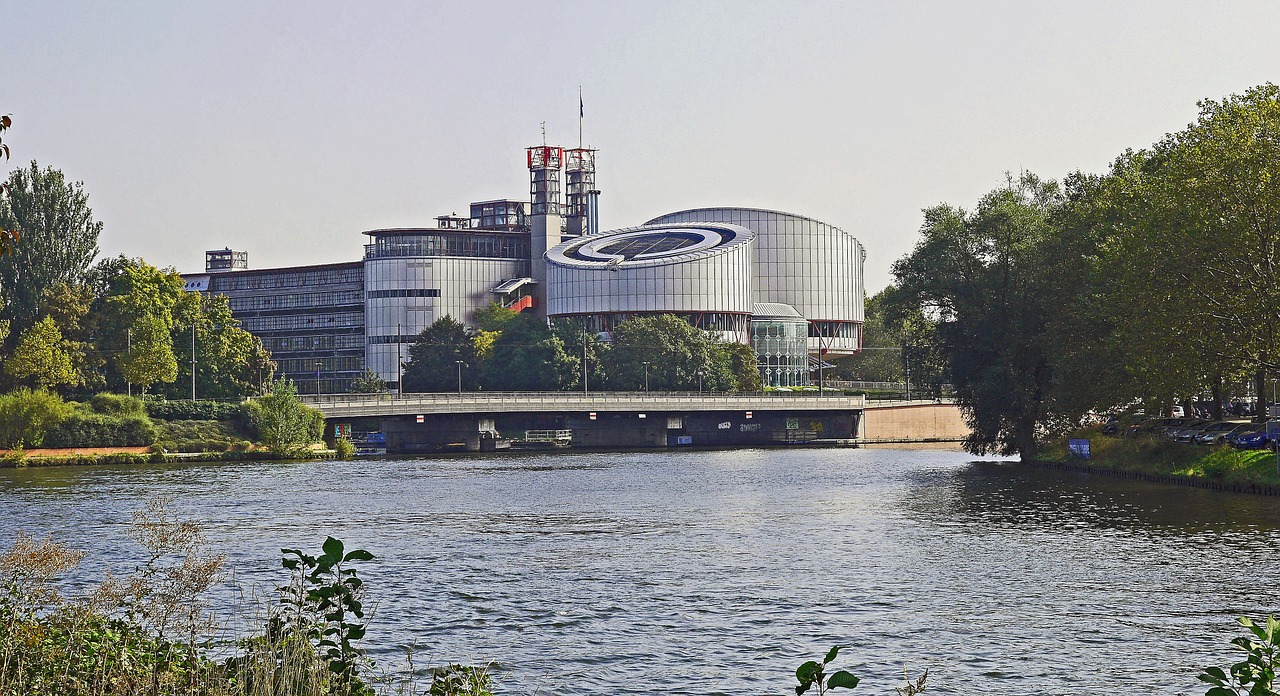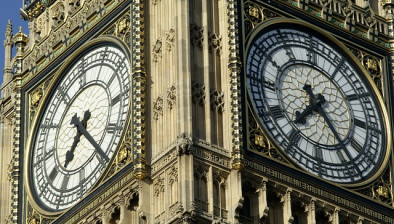Ireland to bring inter-state case over UK’s Troubles law

Ireland will take the UK to the European Court of Human Rights (ECtHR) over a controversial law ending criminal and civil proceedings related to killings during the Troubles, the government has confirmed.
Victims and survivors of the Troubles had urged the Irish government to take the rare step alongside ongoing legal challenges to the Northern Ireland Troubles (Legacy and Reconciliation) Act 2023 in the UK courts.
The law, which paves the way for the establishment of the new Independent Commission for Reconciliation and Information Recovery (ICRIR) next year under the leadership of Northern Ireland’s former lord chief justice Sir Declan Morgan, is widely opposed in Northern Ireland.
The Law Society of Northern Ireland, all major Northern Ireland political parties, the Irish government, the Council of Europe, Amnesty International and Westminster’s joint committee on human rights all castigated the bill during its passage in Westminster as failing to fulfil the UK’s obligations under international human rights law.
Belfast solicitor Kevin Winters of KRW LAW said the Irish government had made “the right decision politically, morally and legally”.
Announcing the move yesterday, Tánaiste Micheál Martin said: “This decision was taken after much thought and careful consideration. I regret that we find ourselves in a position where such a choice had to be made.
“However, the decision by the British government not to proceed with the 2014 Stormont House Agreement and instead pursue legislation unilaterally, without effective engagement with the legitimate concerns that we, and many others, raised left us with few options. The British government removed the political option and has left us only this legal avenue.
“The incorporation of the European Convention on Human Rights into Northern Ireland law is a specific and fundamental requirement of the Good Friday Agreement. Since the UK legislation was first tabled, the government have been consistent that it is not compatible with the Convention.
“I used every opportunity to make my concerns known, and urged the British government to pause this legislation.”
Responding, Northern Ireland secretary Chris Heaton-Harris said: “The UK government profoundly regrets the decision taken by the Irish government today to bring this unnecessary case against the UK.
“The decision comes at a particularly sensitive time in Northern Ireland. It did not need to be taken now, given the issues are already before the UK courts.”
He added: “We believe that the Irish government’s stated position on dealing with legacy issues is inconsistent and hard to reconcile with its own record. At no time since 1998 has there been any concerted or sustained attempt on the part of the Irish state to pursue a criminal investigation and prosecution based approach to the past.”
Mr Winters, whose firm is among those bringing legal challenges to the Troubles Act in the Northern Ireland courts, said the decision is “a massive fillip to all those who have been agitating for decades to get access to the truth in unresolved killings”.
He continued: “In terms of timing. this development couldn’t be any more important. It comes at a time when the courts here in Belfast are adjudicating on a series of conflict-related challenges.
“It will have an immediate impact on those cases. We expect the courts here to take cognisance of this significant development.
“Today’s news sends a resounding message that Ireland as a nation won’t be found wanting when it comes to upholding the human rights of thousands of people affected by the Troubles.”
The Time for Truth Campaign, which represents thousands of victims and survivors, thanked the Irish government “for forming a last line of defence in support of our basic human rights”.
“Britain’s disgraceful Legacy and Reconciliation Act is an assault on our basic human rights and the Irish government has heard us,” spokesperson Ciarán MacAirt said.











